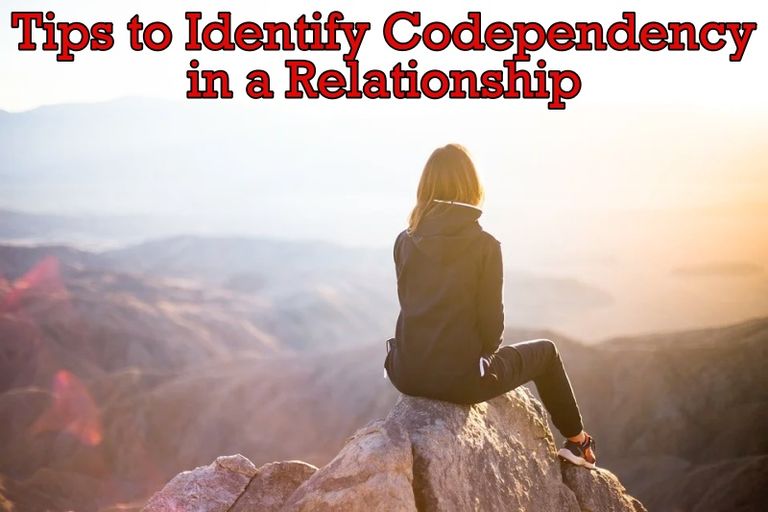
Given and taken from both partners, healthy partnerships are typically roughly equitable. Making fair adjustments to ensure our partner is happy is a common desire. In contrast, one partner overgives while the other overtakes in a codependent relationship. Because of this behavior, the relationship feels incredibly out of balance.
In order to appease the taker or the one being cared for, the giver or caregiver in a codependent relationship may compromise their relationships with friends and family as well as their sense of self. However, the people being cared for frequently put the caregiver under extremely difficult pressure. People who struggle with substance misuse are particularly likely to be in codependent relationships. It is possible for one spouse to support the other to the point of encouraging the addiction in these situations.
Breaking the dynamic of a codependent relationship can be challenging. In an attempt to make the person they are caring for happy and gain self-assurance, the caregiver never stops trying to please them. Simultaneously, the person receiving care avoids taking ownership of their emotions and places the blame on the caregiver. The people who form this type of connection are bound together by more than just a sound alliance based on love and respect. They avoid feeling alone and deal with their own deeper concerns through their connection. Unconsciously, caregivers and those they are caring for are drawn to one another. Despite the difficulties it presents in their life, the partners might not even be conscious of the fact that they're in a codependent relationship.
Why Do These Types of Relationships Develop?
While there are many different factors that lead someone to end up in a codependent relationship, early experiences are frequently implicated. Our attachment styles—the emotional patterns we rely on when forming relationships—are shaped by our early upbringing, which also teaches us how to interact to others. Relationships we have with our parents as youngsters often have traits that carry over into our adult relationships.
In adulthood, we may have an anxious attachment style if we didn't have a stable bond to our parents (maybe because they delayed attention until we performed well in school). Because we were raised to believe that we had to work hard to earn affection and establish our own worth, people with anxious attachment styles are more prone to assume the caregiver position in codependent relationships.
On the other hand, we might grow up with an avoidant attachment style if our parents were unable to emotionally connect with us as we were growing up (possibly because they were overworked, sad, or otherwise preoccupied). Real emotional connection may be hard for us in this situation, leading to us becoming the caretaker in a codependent relationship. It is possible for us to acquire codependency from our parents as well, so if they were codependents themselves, there's a greater chance that we will be as well.